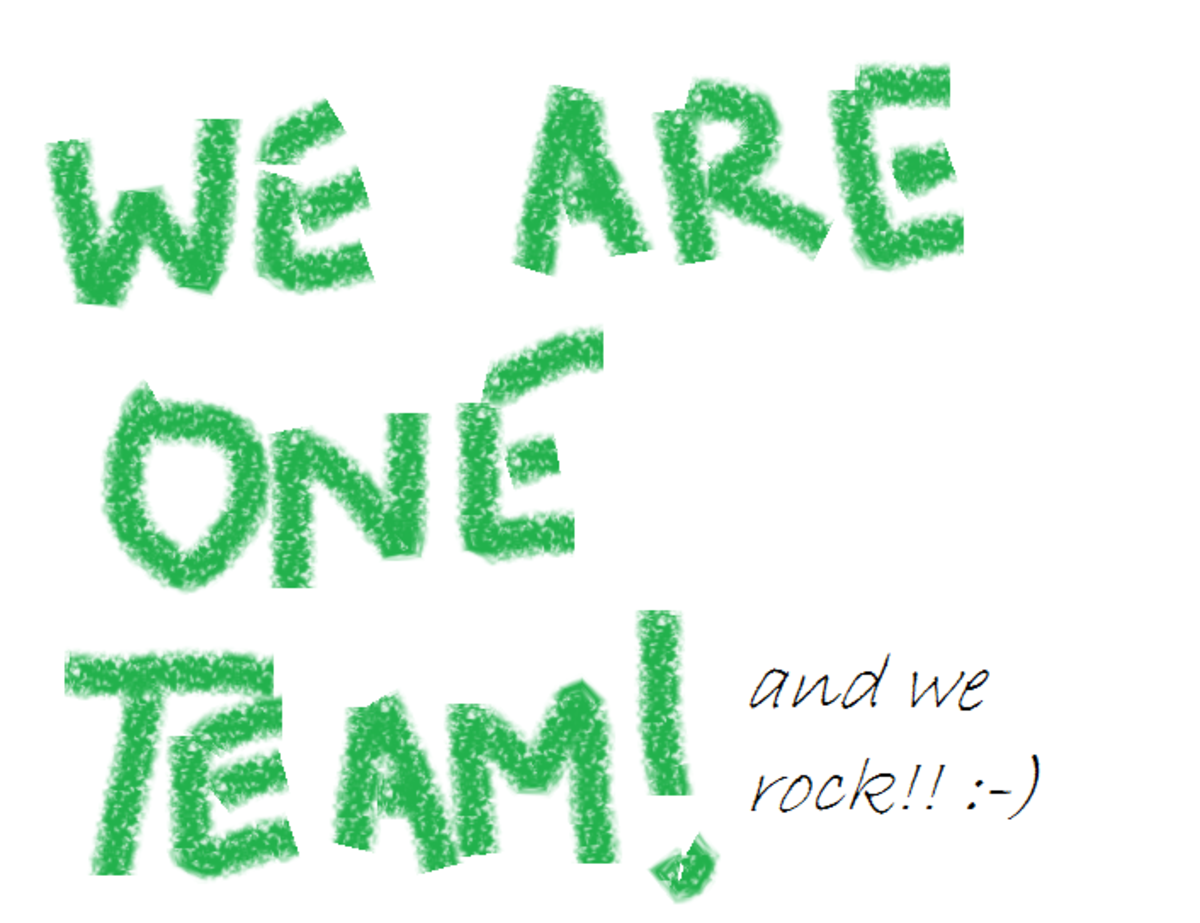How to solve conflicts in your projects
Struggling with lot of conflicts and disagreements in your projects? Is there a lot of jealousy and gossip? I will describe some ways to get more attention from coworkers and head them in the desired direction instead of being disgruntled and disappointed.
I have worked as a Project Manager (PM) for some years now. I have also worked with changes in structures, methods and with education development. I started some years ago with a number of different development programs for Project Management, but even more general management courses. Now, number of projects later, I confront a lot of difficult situations when I have to use my skills.

How to handle conflicts and disagreements in Projects
I learned, in a Project Management course that my main focus as a PM is on delivering and to deliver at the promised time, with the promised quality and also within the budget. In reality, that means that I am supposed to exchange project members who don’t do their job for whatever reason, and just focus on my projects delivery. I am also supposed to turn to their superiors if there are conflicts between project members. It is not supposed to be my responsibility. However, this is not the reality in the projects I have worked on. Our resources are often limited, and I can hardly exchange any members in my project. Their competency and expertise are often unique. Instead, I have learned to practice leading in a way that works for me.
Five areas to handle
Here are five to handle to get through difficult situations, as conflicts, based on my experiences.
Participation
I have seen so many times when a new Project starts and project members are involved at a late point. The plans are made and they are just thrown in to start working. This works with some kinds of personalities but not all. The cause of project members getting involved late are often that the personal resources have not been available earlier.
In these cases I might run into some trouble. The situation gives feelings of not participating in what’s to be done, which doesn’t contribute the group’s motivation.
My solution to get everyone "on the train” is to reserve a few hours to make a plan together. Everyone notes the activities they see that is needed to deliver our project. I put all activities together in a plan and communicate the result of our efforts. It is important to ask for feedback and input before finishing the plan. Often this is enough to get a better start.
When we later on start working I make regular checks with them to see how far we have come. I also ask for advices on issues need to be solved. Keep in mind that it is very important that all members of the team participate. This makes them feel important and needed. Use their expertise to plan your project!
Happiness
Do something fun together. Go out for dinner, drink a few beers. Plan for some activity after the project has been delivered. This shows that the work that is done is appreciated and you get a group with people that become closer to each other.
Feedback
Give instant feedback, on good things and on things to be improved. It can be frustrating to work hard and not receive any comments at all. Similar to the idea "if you don’t hear anything you do a good job.” That never worked for me and I always want to know how I’m doing. I suppose that goes for other people as well. In my leadership, I act the way I would like my superiors to act upon me.

Adaptivity
I have learned that my ability to adapt is crucial in many situations. For example:
- People don’t agree and start to argue or refuse to work together. In these cases I have noticed that the most important thing for me is to find ways for them to meet with me as a “moderator”. I usually schedule some time with them separately and get their stories. Then I meet both of them and they tell their stories again. I act like a moderator or “translator”. I try to interpret their feelings and ask them if I have got it right. They don’t necessarily have to agree, but they must try to understand and accept each other. It is possible that they will start to see the other’s point, which is beneficial. My goal is to give both parties their chance to tell their story and to be listened to. Even if they don’t get along, I usually manage to get them to look forward and focus on the work they are supposed to do. It helps for me to ask them to help me move forward from there, to leave the past behind and move on. Even if they don’t agree, they often manage to work together. Then, if there is no solution and the persons don’t get along, I have to try to exchange some of them. However, that has not happened yet.
- Another issue that common in projects is when people fall ill or leave the project for other commitments. Here I first look at the time aspect. Can we delay the delivery? Or, can we cut down the cost of some extra staff hired? If none of these are possible, we might have to cut down the scoop or deliver an inferior quality.
Be creative and think outside the box. Listen to what people say and try to interpret their feelings. They need to be acknowledged. And a lot of conflicts depend on bad or insufficient communication. People often tend to speak behind each others’ back rather than to each other.
Listening
Listening attentively is a great way to acknowledge people. But how do you show people that you listen to them? If they can’t see that you are, there is no use. This is my way to listen and also to prove that I did:
- Let him or her speak without interrupting. Do not make any suggestions or solutions.
- When they have finished, confirm what they have just said. Confirm the feelings you have noticed. Does he or she agree? If not, ask what they meant or how they feel.
- Then, ask them what they expect from you.
- Tell him or her what you are planning to do, then act.
- After your action, go back and give some feedback. Tell about what happened and if there is a solution. Even if there is not, I have experienced that my intervention is adequate. It helps a lot just to be listened to, and to actually try to do something to help.
Active listening
How can you show that you really have been listening?
Similar issues
As you maybe have noticed all the issues are similar. They involve being seen and confirmed. Many problems come from lack of information or communication. People believe things are a certain way, but in reality maybe they are not. When there are shortages in communication between people, they start making a lot of assumptions and interpretations of their own. These things has to be lifted up and ”dusted off”. As a Project Manager, I try to recognize these matters before they become real problems. I try to solve the issues one by one as they come up. It is always easier to handle things before they get infected by lot of negative feelings.
The five areas I have described are all things that have given me success in handling my project members and situations that appear.
Projects, after all, basically involve leading a group of humans. Project Managers have to handle them and their needs.

© 2014 kerlund74








